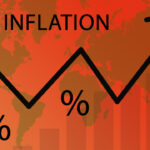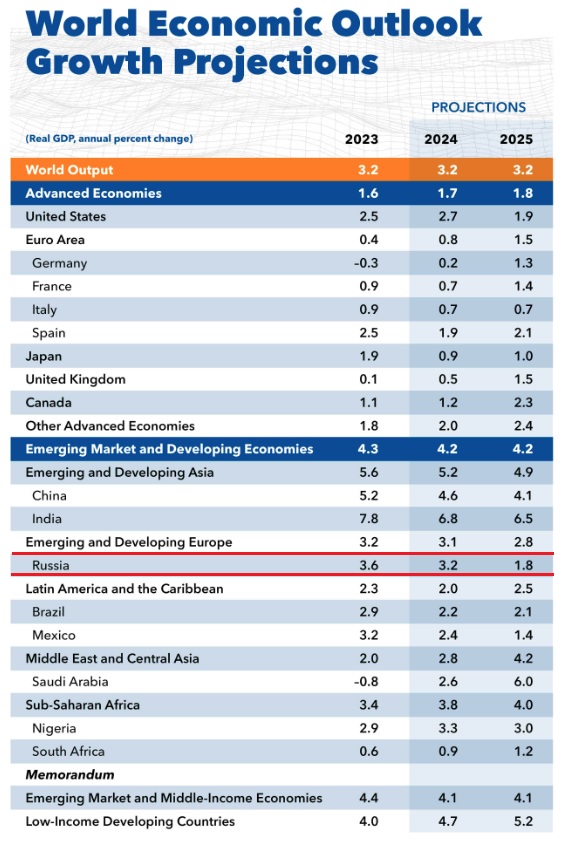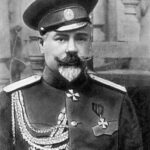To what extent is Marine Le Pen a sincere right-wing, nationalist politician, and to what extent is she simply a conformist who, in her quest for power, step by step, is betraying her ideals? After all, she has long supported the programs of left-wing parties that promote gay marriage, she has begun to acknowledge the leading role of the EU, etc. She has long since abandoned or changed her most radical demands, including the demand for deportation of immigrants. And just because she is still associated with yesterday’s hard line, she promoted young Jordan Bardella; consequently, he became the new face of the National Rally/Rassemblement National movement and a candidate in the elections. The rift between their statements is immediately noticeable: when Le Pen advocates, for example, a reduction in military support for Ukraine, Bardella says that the country must not be overrun by Russia.
Betrayal of one’s own ideals comes at a high cost, as today’s events – July 08, 2024 – attest: the party of the left-turning Le Pen fared much worse than expected in the second round of elections. Bardelli’s new National Front will not come to power, but it may benefit in the long run, since the real goal is the presidency. Now the old/new Front will not be burdened with the cost of holding office and will be able to say for two years that its political opponents defied the will of the French people and “stole” the victory from the right.
What will the Rassemblement National do about the immigration problem if it ever really takes power? Perhaps it will limit itself to deporting foreign criminals (there are estimated to be tens of thousands of them), but it will never prohibit people with dual passports from holding important positions, for example, in diplomacy. That would require constitutional changes and a long march through the institutions, for which the party is far too weak. Polls among the French show that they favor limited migration in Europe and are rather negative about immigrants from outside the continent. Le Pen and her team could capitalize on this sentiment to finally stem the tide of immigration. The hope for such a future appears clearly distant today….
In France, as in the Netherlands, it is the left-liberal media that shapes minds, and these media do not tolerate any other views, and while they talk about tolerance, they prefer to stifle the entire right-wing scene, and – of course – its notorious leader. Gefira, too, has had problems publishing some of her texts in the Netherlands because of her honesty and views. The lying press, as the Germans call it, is a major obstacle in the path of the Rassemblement National to real power. People in France, the Netherlands and Germany blindly believe the media, which are believed to be of high quality, which thus function as leaders of the people. Sad, but true.
The situation in the Netherlands resembles that in France. Gert Wilders also had to find a replacement – someone to represent him in the government – and soften his views: otherwise there would have been no four-party coalition (PVV, VVD, NSC and BBB). The policy of the new government has been formulated a “manifesto” under the title “Hope, courage and pride.” Pathetic slogans like those of Macron. Mock change is the order of the day. Almost nothing is left of the right-wing ideals: the green revolution is still being promoted, taxes are being cut, labor rights are being strengthened, new housing is being built. Housing, of course, for new immigrants, whose influx is to be limited (which promise is this?). Gert Wilders no longer wants to separate the Netherlands from the EU; he just wants to “change the union from within.” That’s why he and his coalition will fail in the next elections, just like Le Pen, because in politics, only courage and consistency count. Those who do not understand this lose. The courage expressed in the manifesto of the new Dutch government is a lie. The new government will be as inept as Mark Rutte’s previous one. 14 years in power and what? What has been realized from the leftist ideals? Mr. Rutte, what do you say, for example, about the issue of women’s equality? The countries with the lowest percentage of women in leadership positions are Cyprus (21%), Luxembourg (22%) and… the Netherlands (26%). Period.


















